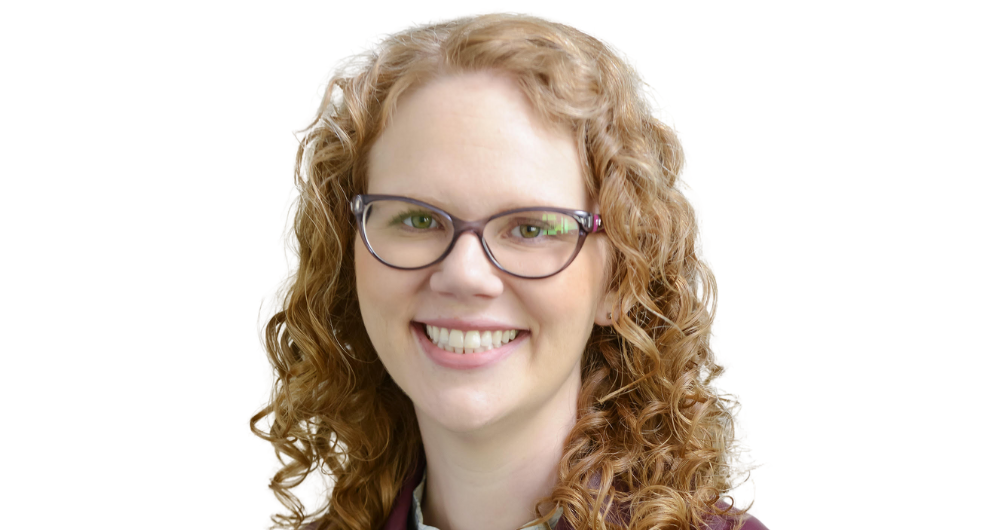
‘History is written by the victors.’ The phase has cropped up in several languages since the 1800s. In the meantime, humans have become prolific content generators. History is increasingly written by those whose job it is to sift through all that content – physical and digital – and decide what should be maintained and what should be left to vanish.
These are the archivists who are charged with maintaining collections of records, documents or objects relating to an individual, family, organisation, artform or place. The practice of archiving is underpinned by scholarship that examines how curation contributes to our understanding of ourselves, how it can warp our view of history or enhance it, how it can surface some perspectives and silence others.
Amber Cushing is Associate Professor at the School of Information and Communication Studies at UCD and an Insight collaborator. As a scholar of digital curation and archives practice, she is particularly interested in how the digitisation of collections will impact on her discipline. Her research explores how technology and social contexts collide and the impact on those who create, manage and use collections. This can include such things as why people maintain a personal collection for a digital legacy, the ways in which a museum attempts to personalise access to their collections via apps or the role of AI in digital preservation and archives work practices.
Prof Cushing is a social scientist, but her work is bringing her into the realm of data science and hence collaboration with Insight.
‘Traditional principles of archiving were established in the late 19th Century and mostly concerned paper records,’ says Cushing. ‘The world of digital preservation is largely devoid of its own theories so we need to develop thinking specific to this relatively new way of maintaining information.’
The two fields – traditional archiving practice and building datasets – can inform and support each other she says.
Datasets – examples that are used to train AI models in every area from screening for cancer to job selection to image recognition – need to be informed by human principles such as representation, equity and privacy.
The lack of process for generating datasets has prompted researchers to call it the ‘wild west’. As researchers uncover more problems with incomplete or biased datasets, there is a growing call for an interdisciplinary approach to dataset curation.
Much of the work has already been done by archival studies theorists who have built best practice models for traditional collection curating across topics such as annotation, ethics monitoring, and record-keeping.
Scholars of archival studies have for many years grappled with issues such as consent, privacy, power imbalance and representation and can bring that knowledge into the realm of machine learning.
Equally, Large Language Models can contribute to human expertise and ethical judgment when reviewing existing archives.
‘Archives are not static, they are always a process,’ says Prof Cushing. ‘Platformisation is an emerging area of interest for archival studies – now that we are increasingly applying AI tools to archives, we need to ask questions about how these tools can be used to expand, and not limit access to collections.’
‘Big tech companies are quietly making the rounds to some archives collections, which has the potential to be exploitative. It’s an ethical lightning rod. Archivists need guidance – who wants to be the archivist who gave access to the tech company that then created something harmful from the digital archives collections?’
Prof Cushing has been working with Insight’s Professor Suzanne Little of Dublin City University on this topic. The collaboration has helped her to ‘understand how computer scientists think’, she says.
‘It’s also very useful for computer scientists to understand how archivists think’ says Cushing. ‘The best thing about Insight is that I now have access to all this computing talent in an interdisciplinary setting.’